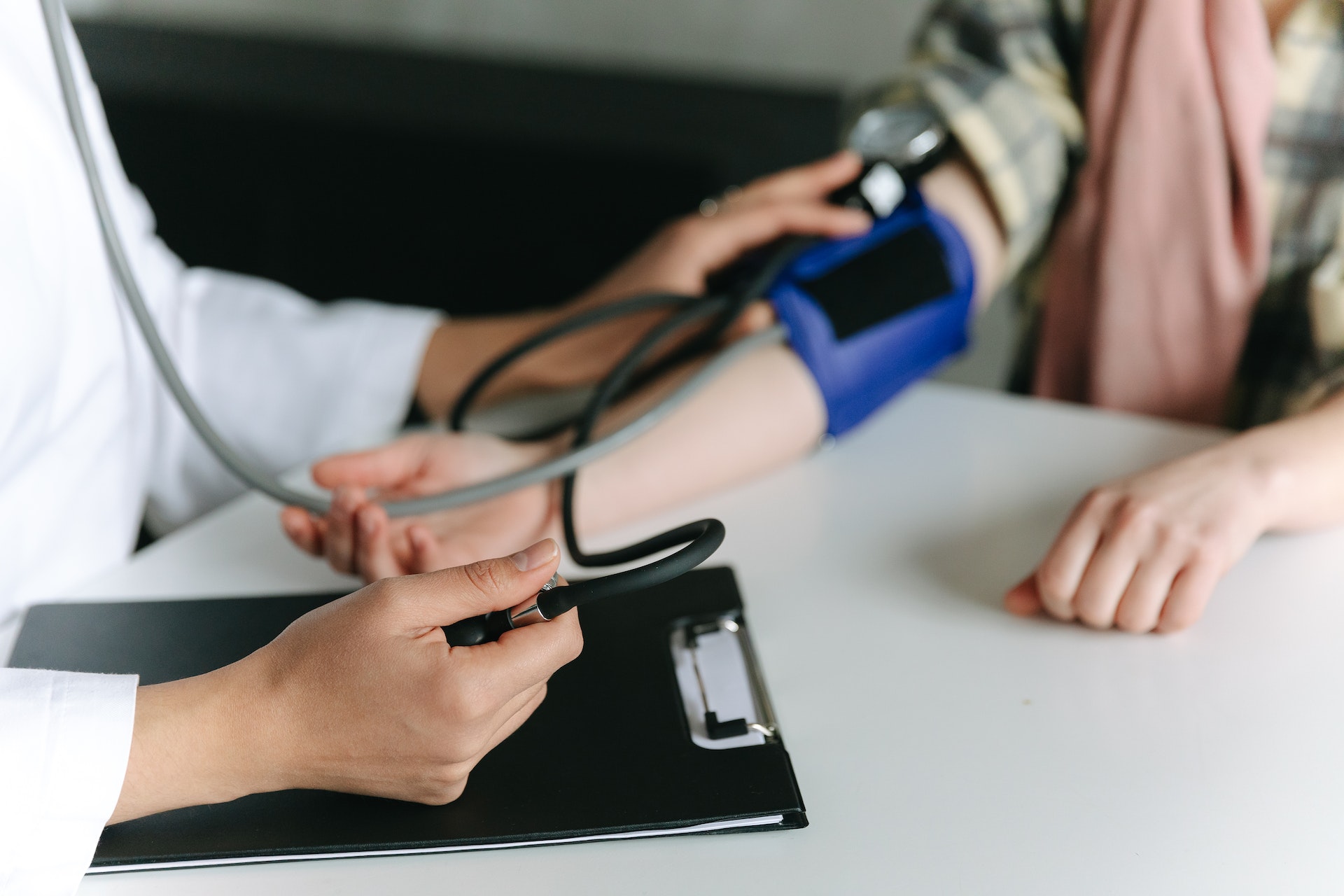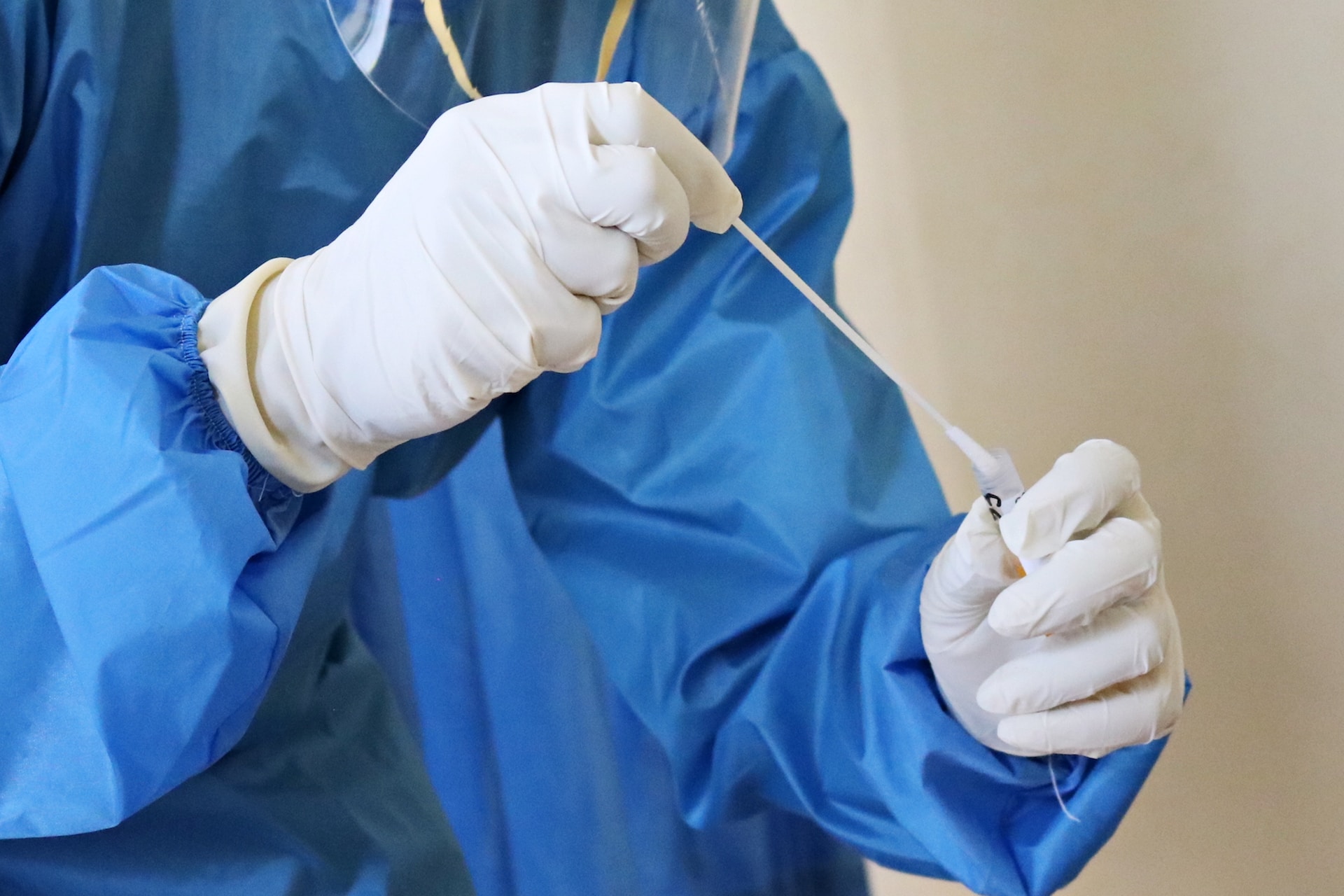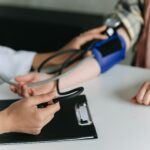CMS (Center for Medicare and Medicaid Services) is the authority that establishes guidelines for Acute care, private centers, and HOPDs. These revolve around patient rights, emergency preparedness, infection control, and more. And all the healthcare centers have to follow these protocols.
According to recent studies, adhering to guidelines leads to a reduction in adverse events by 45%. This highlights the importance of being aware of those protocols by CMS and implementing them in your HOPDs. More so because HOPDs receive more than 125 million visits annually.
Besides providing patient care, it will also help enhance your hospital’s reputation in the evolving healthcare industry landscape. So, read this article and find out some of the essential CMS guidelines for Hospital Outpatient Centers.
Billing and Coding
Billing and coding in healthcare are important to ensure accurate reimbursement for services provided. When healthcare professionals offer services to patients, they need to document what was done using specific codes accurately. This documentation helps in billing insurance, including Medicare.
It has different rules for services provided. For example, the “Medicare 8-Minute Rule” is among the non-negligible protocols that hospitals must follow. This rule states that to bill for a particular unit of time (like 15 minutes), at least 8 minutes of billable activity must be performed. This is to prevent overbilling for short interactions.
Likewise, adding the correct code for services provided is also important. These codes describe the services given, like doctor visits or treatments. However, if codes are wrong or misused, it can lead to payment problems, audits, and even legal issues.
Emergency Preparedness
These rules are set to ensure the HOPDs are all equipped to handle different emergencies. They create a disaster plan that outlines steps to take during emergencies. This includes how to evacuate patients if needed, who’s in charge, and where to go for safety.
Another plan is for emergency operations that describes how the center will keep working during an emergency. It includes the number of people to be on shift at all times and how the extended hours will be compensated to the staff.
These plans are like maps guiding everyone on what to do. Having clear plans and practicing them ensures you stay safe and provide patient care as needed during unexpected situations.
Medication Management
Medication management is the careful and safe handling of medicines to help patients get better. It involves steps to make sure the patient receives the right medicine in the right amount at the right time.
Doctors and nurses choose the best medicine for a patient’s condition and prescribe it. Pharmacists double-check to ensure it won’t interfere with other medication they may be taking.
It is the staff’s duty to explain how to take the medication to patients. They should also keep track of the patient’s response to the medicine. This is to make sure it’s helping and not causing harm. If there are any side effects or issues, they can help.
Medication management helps the HOPDs stay on track with treatment and avoid mistakes. It’s like a safety net to ensure medications are stored, used, and sold properly.
Bottom Line
HOPDs must follow CMS guidelines and protocols to provide safe and effective healthcare. The regulations are not limited to billing, medication, and emergency preparedness. They also cater to quality standards, personnel and staffing, medical records, facility standards, and more. So, understand them all and ensure compliance with them.
















